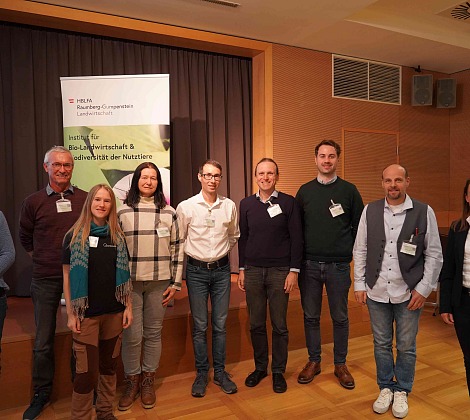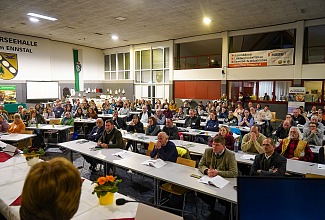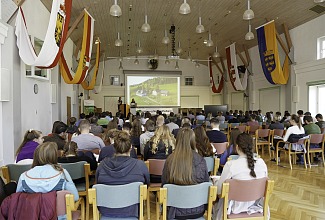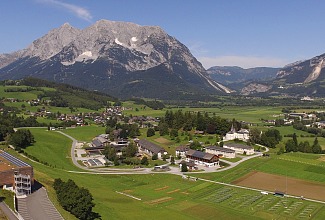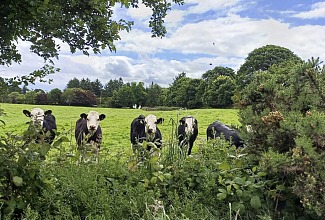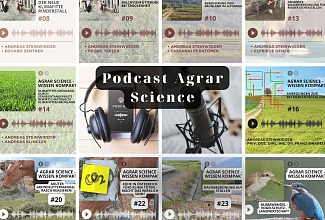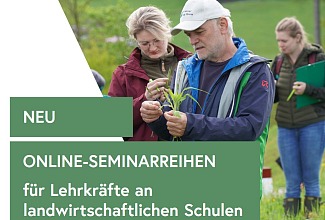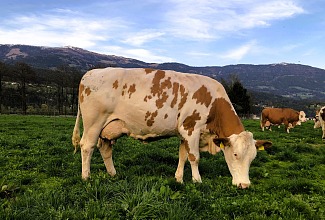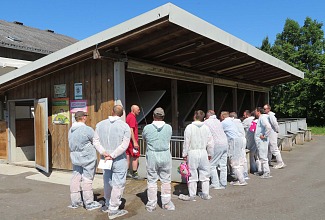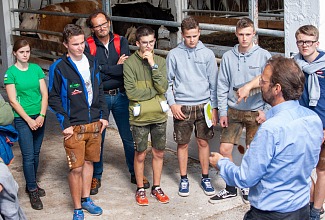4.7b SPECIAL LIVESTOCK KEEPING
Educational and teaching task:
The students should
- be able to keep and breed domestic animals economically in a responsible manner towards society and in maintaining an intact environment;
be able to keep, feed and breed agricultural animals according to the specifications and specific requirements of an organic farming system;
know the behavior and husbandry requirements of agricultural animals and be able to assess the suitability of husbandry, housing and treatment methods;
know the symptoms of the most common and dangerous animal diseases and be able to take preventive hygiene measures;
Be able to plan and implement measures to improve the economic data of the business in the areas of husbandry, feeding and breeding;
know the diversity and importance of animal foods for human nutrition, as well as understand and use the possible influencing factors of animal production on the possible influencing factors of animal production on food quality and safety.
Teaching material: 5th year (2 hours per week)
Animal hygiene and health:
Combating parasites and parasites, metabolic disorders, animal diseases as well as notifiable and reportable diseases, cleaning and disinfection, measures to maintain and restore vitality and health, use and mode of action of veterinary medicinal products.
Animal products:
Production and processing options for milk, meat, eggs, wool and by-products. Quality criteria relevant to sales and processing and their quantifiability, quality testing and quality assurance; Quality characteristics and standards for meat, milk and wool, relevant hygiene regulations and measurement methods; Relationship between the quality of animal products and human nutrition; Presentation of the special markets for animal products and their dynamics; Sales strategies, processed products.
Applied biometrics:
Planning, carrying out and evaluating experiments. The extent of the exercises in the fifth year is 1 hour per week.






